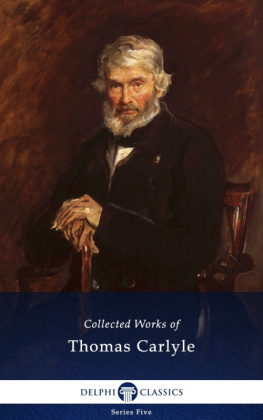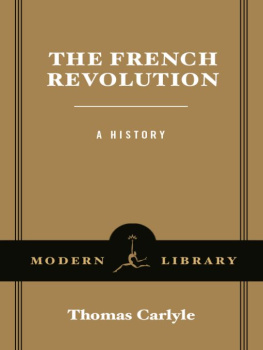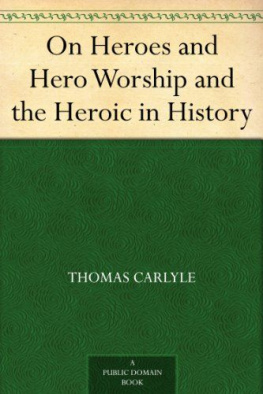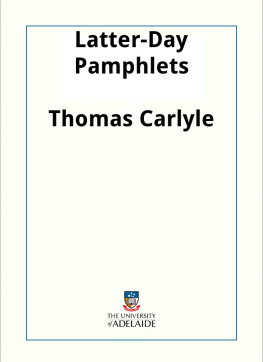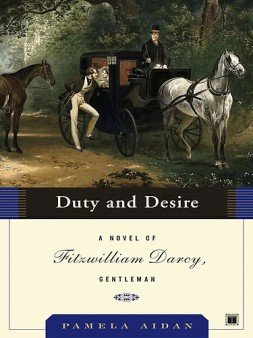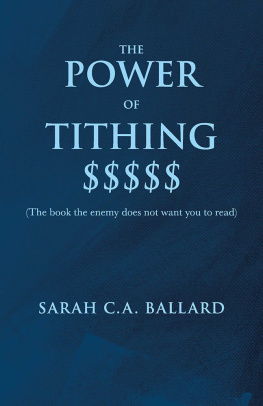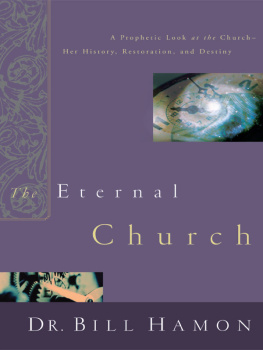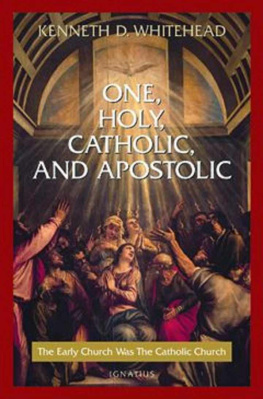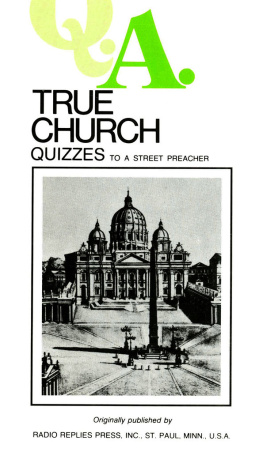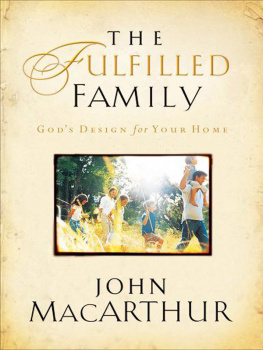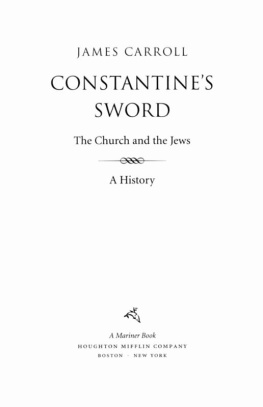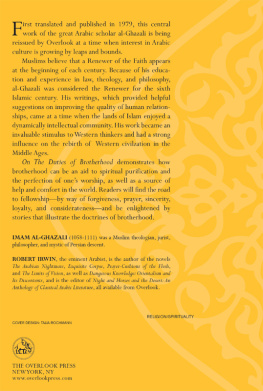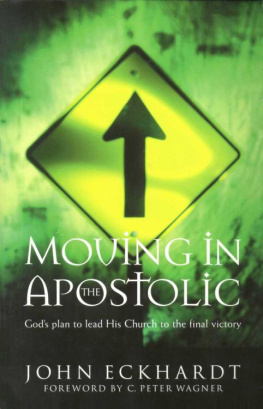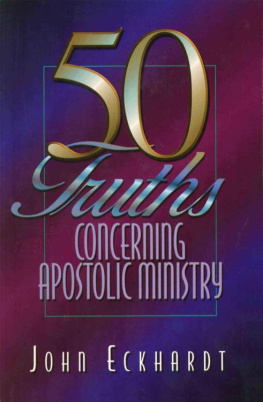SHALL TURKEY LIVE OR DIE?
The European war now impending differs from the last in every important feature,in its theatre, its origin, and its issues. Never was a contest more mysterious and unexpected in its rise, more unwelcome to the majority of those engaged in it, and more pregnant with grave yet uncertain consequences. There are three classes of men whose minds it especially occupies. While the religious eschatologist expects a new phase of predicted fulfilment, and the speculative politician a new distribution of territory and influence, the practical man seeks a fuller explication and enforcement of existing interests and obligations. Although they who see in all things the guiding hand of God are warranted to expect that, in the communion of the faithful, there shall be a divine presentiment of His holy procedure, yet the attempt to map out the future is in too many very idle, and in some most presumptuous. On the other hand, those who try every fresh event by the mere letter of protocols, fail to apprehend its true moral importance, and would bind the God of Providence by the impotent will of man. He that would rightly estimate or improve the present juncture must avoid both of these errors. And while he regards it in its highest aspects, he must not be hurried into foregone conclusions as to its issues.
Destiny is the watchword of the day. One horn of the Crescent has long rested on Christendom by destiny. A child of destiny now rules for a second time in the West. And scarcely has he, by assuming, in professed zeal for divine reminiscences, the protectorate of holy places, excited mens fears lest he should swell the number of those places and convert protectorate into possession, when a new protector of things sacred arises in the North, also pleading the call of destiny.
Why these two protectors have not yet come forth to assert their rights in single combat; and why the Pope, whose throne is upheld, and whose claims are asserted by the former, has acted in silence, when he might have been expected to utter in encyclical letters the Jeremiad of insulted authority; are questions yet to be solved. The religious and political champion of the Papacy is now allied to other powers on grounds with which Papal claims, religious or political, have nothing ostensibly, at least exclusively, to do. And we now see the northern protector opposed by all the great powers of Europe,by the open protest of those who will and can withstand him,by the tacit resistance of those who fear to be his friends, yet dare not be his foes.
Recent disclosures, however, warrant the conclusion that the Pope has, although covertly, been the prime mover in the present troubles. Using France as a cats-paw, he has revived in a stronger form his almost obsolete claims to such a protectorate of the Latin interest in the Holy Places as shall, at Jerusalem as elsewhere, swallow up every other. And the aggression of Russia against Turkey derives considerable excuse from the consideration that the Czar, in aiming a fleshly blow at the Sultan, is really aiming a spiritual blow at the Pope. If the Catholic Church or the Christian nations are not in a condition to lift one united testimony against this new assertion of Papal supremacy, we are hardly entitled to complain that one champion throws down the gauntlet of denial, provided he does not at the same time assert a Grco-Sclavonic supremacy, equally unjust, and, from its novelty, more pregnant with danger. While gentlemen on Change or in Downing Street have their minds filled with the merely material aspects of the affair, the man who yields the first place to the interests of Christs kingdom cannot fail to mark that we are apparently on the eve of that great war of principles which Canning foresaw,of a religious and European war, the issues of which derive, from their very doubtfulness, only the greater solemnity. While the subsistence of Turkey apparently bars the fulfilment of many Christian hopes, its destruction may, by the means which bring that to pass, greatly endanger the true interests of Christendom, and frustrate the grace of God. And we may yet see the day when the still blinded and impenitent Jew may make greater profit of this new crusade than he did of the former, may step in between the combatantsnow on both sides, alas! Christian; and may settle the dispute by establishing his own claim to the land of promise in a way which, although disowned of God till he confess our Messiah, may force, or, as a pis-aller, steal recognition from man.
Leaving to others to decide with the pen those technical questions, which the sword, if drawn, will decide without regard to their paper verdict, let us contemplate the attitude of the chief actors in this opening drama. And first of Turkey.
We pray on Good Friday that God would have mercy upon allJews, Turks, Infidels, and heretics ... and fetch them home to His fold. As Turks are herein classed with those who have been unfaithful under a divine covenantthe old or the newit has become customary to regard them as apostates from the faith, who deserve to be abhorred and treated as such. This is however a total misconception. Some apostates have indeed become Mahomedans; and it is very questionable whether the talent or experience of such men justifies Christian men and Christian governments in using their services. It may be that the once frequent perversion of Christians to Mahomedanism, under the pressure of persecution, in the days when our prayers were composed, may have dictated this petition. But whatever ravages the false religion of Mahomet may have wrought among Oriental churches and blinded Jews at the first, that religion took its rise among heathen; and the present Turks, although converts to that faith which desolated Eastern Christendom, are well known to have issued from a country where the Christian faith was all but unknown. The conquest of a part of Christendom by the Turks, was not an act of apostacy in Mahomedans, but the judgment of God, religious and political, on the unfaithfulness of the Christian Church and State. So that, instead of directing our abhorrence against the rod by which God then smote His people, we should rather humble ourselves because we provoked Him to use it. Although the superstitious and credulous reverence for the theatre of Christs life on earth has too often, like the blessing of the womb that bare Him, been substituted for the hearing and keeping of His word, yet no devout mind can fail to regard the scenes of His earthly sojourn with awful interest. But the fact that our holy faith went forth from Jerusalem, gave us no right to possess that city. The Christian Church has, as a Church, no possession on earth. Rights of property belong to Christian men, not as Christians, but as men. The Jew, not the Christian, forfeited Judea. No people but the Jews have an original divine right to Judea. And while they remain impenitent their right passes over, not to us, but to their conquerors. It is, therefore, more than questionable whether the Crusaders had any right to attempt the ejection of Mahomedans from the Holy Land. They were more like usurpers than their opponents were. And their conduct was, alas! often too good an argument against their cause. On the other hand, there never was a nobler heathen than the leader of the Mahomedans against the Crusaders. When the Turks, long after, took Constantinople, they did no more than many a heathen conqueror has done before, and many a Christian conqueror since. A living tree was planted where the tree of an effete government had withered away. A Christian conqueror may use his conquest better, just as he has more grace to reign, than a heathen. But his right does not lie in his grace. The good sword, by which most Christian kings have won and kept their lands, is in itself no better than the good scimitar of the Turk. And the conduct of the conqueror of Byzantium towards the faith of his new subjects has often been regarded, especially when we consider the stem tenets which he held, as a model of justice and moderation. There has seldom been a conquest by a people whose religion was their political charter, over a people of a different faith, which bore fewer marks of cruelty. We are, indeed, pointed to the subsequent history of Turkish rule as a proof of its unparalleled wickedness. It is even argued that the Turk, having been during four hundred years put to the proof if he was fit to rule, or capable of conveying any blessing to the conquered, and having been found wanting, has thus forfeited his right. And it is hence concluded, that the time is come when he should be dismissed from office, not even by the subjects whom he has oppressed, but by others who have none but a Quixotic right to interfere. Men forget, however, that the form of Turkish oppression has in great part arisen from the circumstance, that religious principle and secular law are, in Turkey, identified. And, as to those cruelties and wrongs which are not the offspring of law, but the fruits of its absence or breach, a comparison between Turkish administration and that of many Christian governors would not fall out much to the credit of the latter. We need look no farther than to the country which now acts the champion of Christian wrongs, for a corruption of justice, a cruelty of punishment, and a smothering of true liberty, which Turkey could hardly outdo. And it is well known that, for many centuries, even down to the most recent times, in Egypt, in Syria, nay in Jerusalem itself, while rival parties of Christians have broken the peace of society, and disgraced the name of Christ, by their bitter animosities, their dishonest intrigues, and even their bloody strifes, the disciple of the false prophet has often so used his power to maintain good order, so counselled to mutual forbearance, and, as an umpire, so laboured to restore harmony by the adjustment of differences, as to make one blush at the relative positions of the Crescent and the Cross. While it cannot be denied that the passions of the Turk too often trample down all law, the Christians on whom he has trampled, either have not yet been tried with power, or, where they have, have abused it almost as much against their own brethren. At this very day, the Turk, bad as he is, is a nobler animal than either the treacherous Greek or the busy Armenian; nay, the Armenians are too often the most efficient instigators of Mahomedan injustice.


